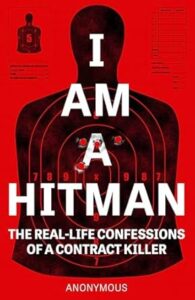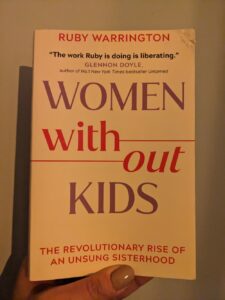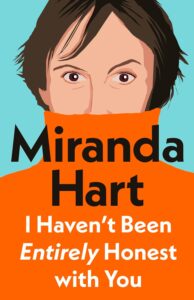Midnight in Chernobyl by Adam Higginbotham
Written by Ashley Kelmore, Posted in Reviews
Best for:
Folks who are interested in how man-made disasters come about, and how governments and individual people respond to them.
In a nutshell:
During a test of the cooling system, one of the reactors at the Chernobyl plant in Pripyat, Ukraine, USSR, explodes, leading to some immediate deaths, some short-term deaths, many longer-term deaths, and the complete abandonment of an entire city.
Worth quoting:
“We have to be seen to be doing something.”
Why I chose it:
I watched the recent miniseries and given my previous work in emergency management found it an interesting topic.
Review:
This book was fascinating. Because I’d watched the miniseries, I did have a sense of the broad outlines and beats of the event, but for crying out loud. It’s amazing how mistakes multiply, and how unwilling some people are to admit that something serious is happening.
I have very vague memories of this happening. I was six, and I recall my mother talking about fears about purchasing milk, because of radiation from the particles that were caught in the wind and distributed over the earth.
As I mentioned above, I chose this and listened to it partially from the perspective of a human who just cannot imagine who scary that must have been for everyone, and partially from the perspective of someone who used to think about how to respond to public health emergencies.
So much went wrong, partially because of just people not believing how bad it could be, and partially due to lack of preparation.
The book does a great job of keeping the topic engaging, telling the story from multiple perspectives. Higginbotham shares stories about the people in the reactor, the first responders, the people in the town, the government, from before the reactor was even built, until after trials seeking to determine and apportion blame for the disaster.
The only big quibble I have is that Higginbotham takes a few opportunities to hit out at communism, suggesting pretty heavily that this is why the disaster happened. I’ve got to say, a whole lot of horrible disasters happen regularly in capitalist nations, and I don’t think a capitalist nation would have handled this any better just by virtue of its economic system.
What’s next for this book:
I’d recommend it to anyone with similar interests.







